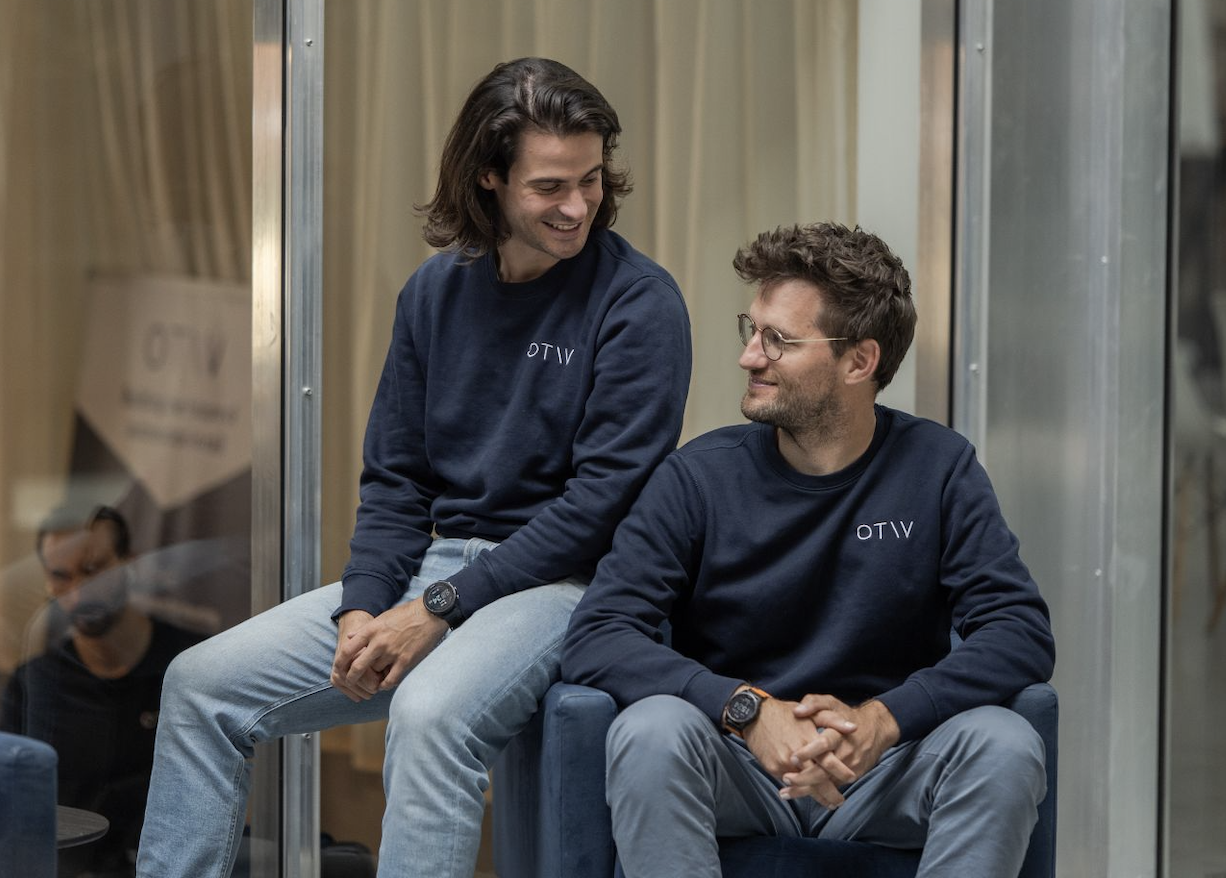AUAR secures £5.1M to reinvent Homebuilding with Robots and Timber
London-based construction robotics startup AUAR has secured a £5.1 million funding round to further its mission of transforming how homes are built using timber and automation.
The round was led by Planet A Ventures with participation from Shadow Ventures, Common Magic, Concrete VC, and several angel investors. This brings the total raised by AUAR to £7.7 million, with a current valuation of £26.1 million.
Building houses from shipping containers
AUAR’s core product is a deployable robotic “Micro-Factory” housed in a standard shipping container. Within 12 weeks, these can be set up to produce timber-frame homes on-site, reducing construction costs by up to 40% and labour requirements by 96%. Each unit can build up to 180 homes annually. The platform includes MasterBuilder, proprietary software that automates the full design-to-fabrication pipeline.

From academic research to industry impact
Founded by former UCL architecture professors Mollie Claypool and Gilles Retsin, the company spun out of over a decade of research into robotics and generative design. The company addresses global housing shortages, rising costs, and emissions by enabling scalable, decentralised housing production. Their first micro-factories have already delivered projects in the US and Belgium.
Focused on diversity and local ecosystems
AUAR’s team is 50% women, an uncommon figure in construction and robotics. Claypool emphasizes that diversity is foundational to better system design. AUAR’s licensing model also allows local builders to access high-tech automation without high upfront costs, promoting local economic participation and reducing emissions tied to transportation.
Eyeing scale and sustainability
With the new capital, AUAR plans to expand across Europe — targeting Benelux, DACH, and Nordic regions — and commercially launch a mid-rise timber housing system in 2026. By 2030, the company aims to support over 200 builders, produce 100,000 carbon-negative homes, and generate over £200 million in revenue.
Other Stories



